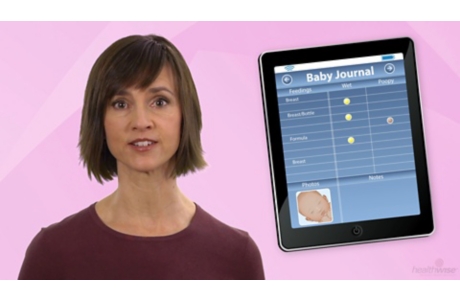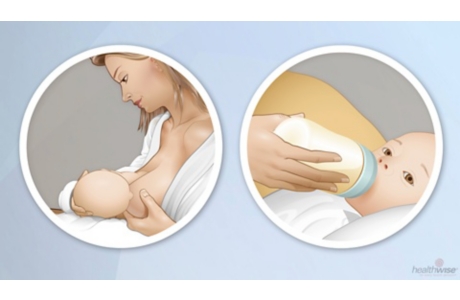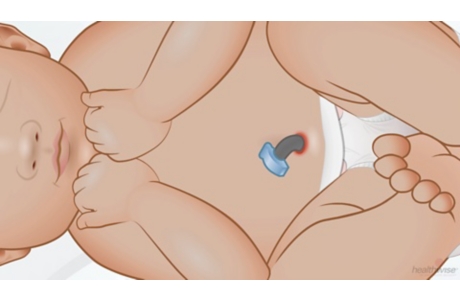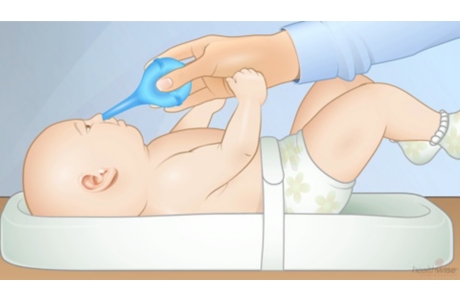Cleft Palate: Feeding Your Baby
Overview
Feeding a baby who has a cleft palate can be a challenge. Your baby may have a problem making a tight seal between the mouth and the nipple. But with a little preparation, you can successfully feed your baby with formula or breast milk. For example, use a soft, compressible nipple or a bottle you can squeeze to help the flow of milk.
A health professional who specializes in babies with cleft palate can show you how to bottle-feed your baby. This person can also answer any questions you have about feeding problems.
If you want to breastfeed your baby, talk with a health professional or a breastfeeding (lactation) consultant. Feeding your baby directly at the breast usually is very challenging. It's not always successful. But you can use a breast pump to collect your breast milk in a bottle and then feed it to your baby.
Here are some tips to try when feeding your baby who has a cleft palate. These tips can help whether you are using formula or breast milk that you have pumped.
- Be patient.
Don't rush yourself or your baby.
- Use a soft, compressible nipple.
Many different types of nipples are available. Try several until you find one that works best for your baby. Nipples that empty by gravity, such as the crosscut nipple, may work best. The hospital where your baby is born will often supply a special bottle or nipple for feeding a baby who has a cleft palate. And you may have a specialist to support you or help you with feeding.
- Use a bottle you can squeeze.
Squeeze it gently during feeding to help the flow of milk.
- Prop your baby in an upright position.
This prevents the milk from leaking into the baby's nose.
- Burp your baby often.
Do this during and after feeding. Babies with a cleft palate tend to swallow more air when feeding. They may need to be burped more often than other babies.
Credits
Current as of: October 24, 2023
Author: Healthwise Staff
Clinical Review Board
All Healthwise education is reviewed by a team that includes physicians, nurses, advanced practitioners, registered dieticians, and other healthcare professionals.
Current as of: October 24, 2023
Author: Healthwise Staff
Clinical Review Board
All Healthwise education is reviewed by a team that includes physicians, nurses, advanced practitioners, registered dieticians, and other healthcare professionals.





